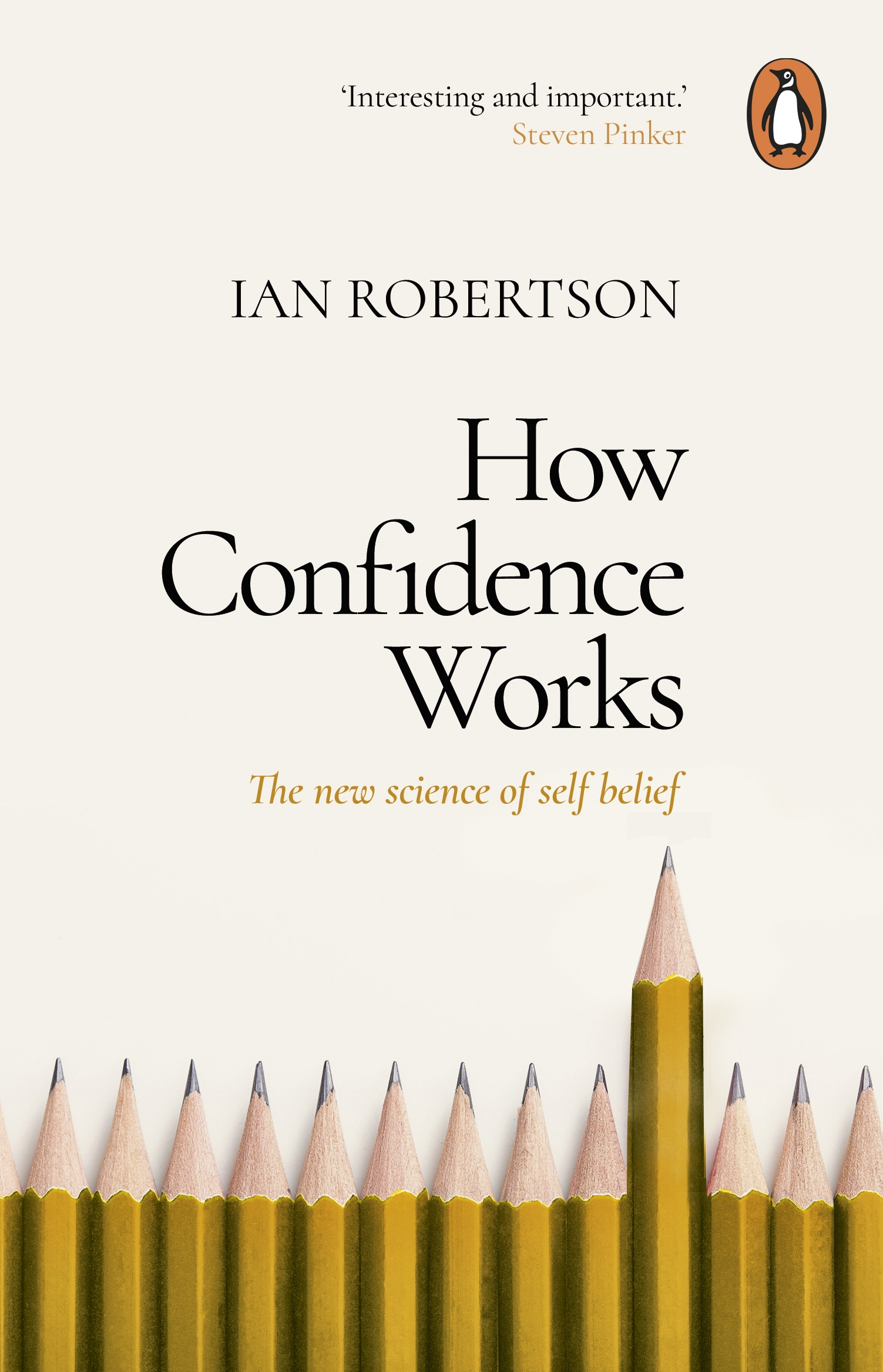A Mental Tidy-Up in Covid Times
Anger and arguments (see short film https://vimeo.com/476638083/f18bf981a8)
Being thrown together with family, partners or roommates at home 24 hours a day can be a strain for many relationships. So, what happens in our brains when we are getting angry? What happens when we can’t control our temper and say something we shouldn’t – like when we are having an argument with a partner?
It’s a horrible feeling but emotions have a way of hijacking us and shoving aside the rational me.
Here’s what’s happening in the brain when anger overtakes us: The amygdala deep in the brain ramps up to a high level, pushing the brain into emergency response mode and disrupting the functioning of the frontal lobes of the brain where rationality, forethought and inhibition normally keep us out of trouble.
The problem is that we are emotional beings. And when we feel we’re being treated unfairly, our emotions can take over. Our attention becomes blinkered and locks on to the supposed insult, leaving no room for other thoughts or perspectives.
Our brain floods with too much of the neurotransmitter noradrenaline, which further interferes with our ability to think calmly; we are pumped up for action and dangerously over-focussed.
What to do
You need to try to stand back from your own feelings so that you can exert some control over the situation.
Think before you speak. Counting slowly to ten inside your head can actually be very effective because it distracts you from being hijacked and over-focussed on that one seemingly all-important insult.
And while you count, slow down your breathing to change your brain chemistry and lower noradrenaline levels.
Constructive anger is good for you – rather than shout or act out, try to slowly and quietly explain why you feel bad at what was said or done. Stick with 'I' statements and avoid the accusatory 'You' statements that are like petrol onto the flames of an argument.
Anxiety (see short film https://vimeo.com/476646144/cd956f6d02)
All of us feel anxious sometimes, particularly in these strange times, so it’s good to understand what’s going on in your brain. Let’s take a situation like a job interview that makes most people nervous.
Even though you feel you’ve prepared well, it’s still nerve-shredding. You hope you’ve got answers for everything that might be asked but will you be able to overcome the nerves at that crucial moment – that’s the worry.
Jobs aren’t easy to get these days, so this interview could change your life. Your brain reacts accordingly.
The brain is telling the rest of the body that there’s a threat ahead. It’s literally preparing itself to meet an aggressor so it releases a hormone 'adrenaline’ into the bloodstream. This gets the heart going and triggers sweating that’s meant to cool you down for the heat of the coming fight – or flight. But there’s no physical threat here – it’s all in the mind – but your body doesn’t know that, so you sit and stew with anxiety.
What to do
Here’s a tip for the next time you find yourself in any situation that makes you anxious.
Control your mind and your body will follow. Beating heart, sweaty hands, tight stomach – these are all symptoms of excitement just as much as they are of anxiety.
They only become anxious when you think 'threat'. Your body is just wired up for action and doesn’t care whether the action is running away, fighting or being excited. So, next time you're in a situation like this, follow these steps:
First, take a long slow breath in to the count of 4 and out to the count of 6. This will act as a natural anxiety drug for your brain because it lowers levels of a neurotransmitter called noradrenaline.
Then think of the situation you are anxious about, think about these symptoms and say out loud to yourself – 'I feel excited!' You can magic these symptoms of bodily arousal from one emotion (anxiety) into another (excitement).
Overload (see short film https://vimeo.com/476647780/4d29b590fe)
Working from home can be challenging, and it is easy to feel overwhelmed by having too many things to do. Stress can be a good thing, it can sharpen our focus and help us perform tasks better. But when we become overloaded, like where a busy office life crashes into a hectic home environment, it has big effects on our brain and body.
The adrenal glands trickle the stress hormone cortisol into his body. The brain shunts blood away from the gut and towards the muscles, with a resulting ‘empty’ feeling in the pit of his stomach. His mind whirrs through all these demands but without doing any one of them properly.
What to do
Here are a few tips that might help you de-stress if you’re feeling overloaded while working from home.
First, make a list of what you have to do. Then focus on just the first thing on that list – forget the rest. Ticking off that one thing will give your brain a little success boost that will lift your mood. Don't try to multi-task – there’s a huge cost to our brains when we try to do this and it exhausts them.
Second, create a workplace-like structure at home. Have a place– even if it’s a corner in your bedroom – that you go to work in. Our brains work by association and that place will become linked to work so that when we leave it, it’s easier to leave work thoughts behind.
Third, make a work schedule for yourself – start at your usual time and remember to take a coffee break in a different place in the house. Make your brain associate the rest of the house with non-work things.
These are just some examples of how, by quite simple applications of science to your everyday life, you can feel more in control of your emotions. Here for example is a short film about hunger and overeating (https://vimeo.com/476644295/916d8dc430) and another about relaxation and coffee (https://vimeo.com/476642436/ecb9e84e6b)
You can get more information about a wide range of challenges at this free website www.noworeez.com.

